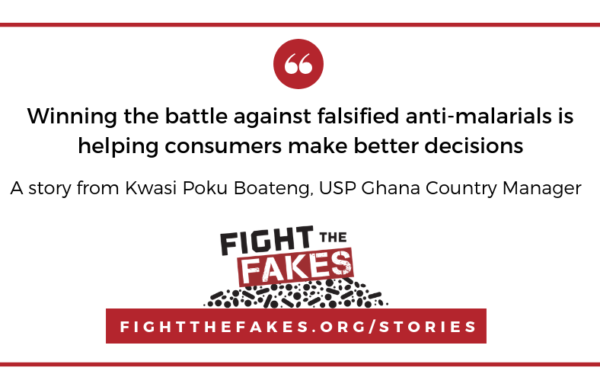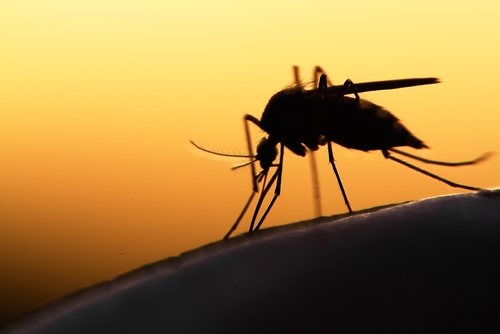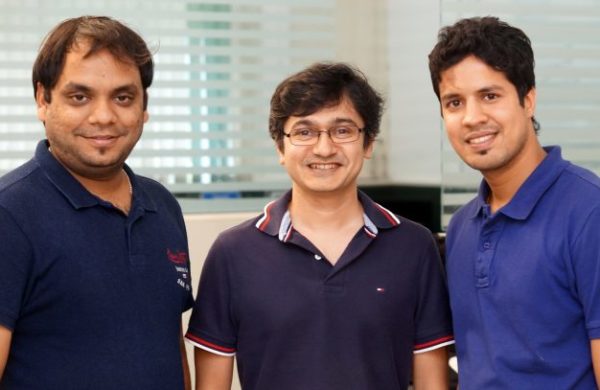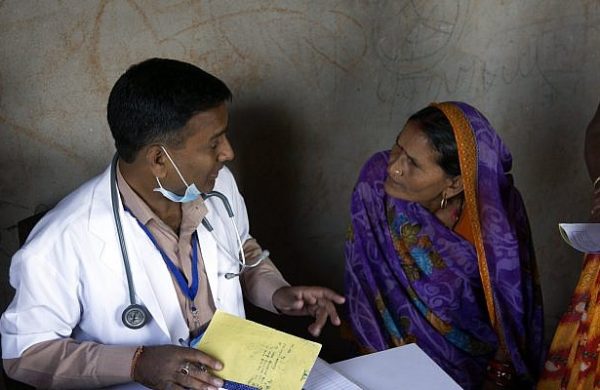BHUBANESWAR: You eat with your eyes first, goes an adage. But going just by the looks of it may prove fatal considering the extent of spurious food that have made their way into the open markets, particularly from Cuttack. The recent raids by the Commissionerate Police are a pointer to the volume of fake and sub-standard food items laced with chemicals flooding the markets.
What are you consuming?
From ghee, honey, turmeric and chilli powders to tomato sauce and soya chunks, the food adulteration network runs deep. The products are prepared using harmful chemicals, colours and sold to unsuspecting consumers at cheaper rates. A report suggests that spurious ghee is a heady mix of palm oil, vanaspati and yellow chemical colour; honey is prepared using water, sugar and chemical colour. For turmeric powder, the adulterators use waste rice powder and non-edible synthetic yellow colour.
The list does not end here. Soya chunks are prepared using flour and ammonium bicarbonate (a levelling agent) that makes the dough light and airy besides, chilli powder is laced with non-edible aniline dyes. The innocuous ketchups that go into your noodles, rolls and fast food are prepared using cheap red, orange and green colours along with a mixture of pumpkin, potato and tomato paste. These sauces are easily available in the market and commonly used by street food vendors.
Capital Hospital’s Department of Forensic Medicine and Toxicology (FMT) consultant Dr LK Behera says adulterated food can cause serious health hazards and lead to diseases like cancer. “Turmeric is often adulterated by mixing wood powder and can cause obstruction in the intestine while chemicals in food products can cause cancer, gastroenteritis, liver and skin diseases, and others,” he says.
Profits First, Health Second
The trade of spurious food is booming and food adulterators make a profit of 200 per cent (pc) through the illegal trade as cost of production is cheap.For example, production cost of a kg of refined honey is Rs 200 but that of adulterated honey is only Rs 40 which though sells for Rs 140 per kg in the market, says a report by Commissionerate Police. Whereas pure honey costs Rs 300 a kg and has a profit margin of 15 pc, sale of spurious honey brings 100 pc profit.
Similarly, production of branded and popular tomato or chilli sauce would cost Rs 120 per kg but the spurious and low-quality costs only Rs 30. The genuine sauce costs Rs 160 per kg having a profit margin of 20 pc but the fake one is sold at Rs 70 per kg with an 80 pc profit margin.The production cost of pure turmeric and chilli powders is Rs 150 per kg and adulterated is Rs 70 per kg. Unadulterated turmeric and chilli powders are available for Rs 260 per kg with a profit margin of 20 pc and the spurious powders are sold for Rs 120 per kg having a profit margin of about 60 pc.
Similarly, adulteration of clarified butter or ghee is equally profitable with the unscrupulous elements earning 40 pc profit from the business. Production of ghee costs Rs 300 per kg and a kg of the spurious stock can be prepared with just Rs 80. Pure ghee is available in the market between Rs 350 and Rs 500, the spurious counterpart is available at Rs 150 a kg.
When it comes to soybeans, production cost is Rs 60 per kg as compared to Rs 30 per kg for the unadulterated item. Soybeans are sold for Rs 80 per kg in the market with 15 pc profit margin as compared to Rs 50 for the adulterated product having 40 pc profit margin. “It’s the high profit margin which drives these spurious food manufactures to sustain,” says Cuttack DCP Prateek Singh who has gone after the adulterators in his area of operation.
The Market & Consumers
The recent raids show food adulteration mafia operates mostly out of Cuttack city and Jagatpur which are hubs of manufacturing consumer goods besides outskirts of the Millennium City where they can remain low-profile. The businesses have been flourishing as surveillance by Cuttack district administration as well as the municipal corporation is next to nothing.
The consumer base, though, is spread across the region and food class. Much of the low-standard food is consumed by caterers which use the cost advantage to save on spending. Fast food makers are a big consumer base too as they pay little attention to health and hygiene; nor do their buyers.
“These manufacturers also focus on suburban and rural landscape of neighbouring districts where quality of packaged food is never under scrutiny due to poor surveillance of Food Supplies and Consumer Welfare Department,” says an officer.
Last year, Commissionerate Police alone registered 21 cases against production of adulterated food items and arrested 25 persons arrested while seizing goods worth over Rs 7.36 crore. This means the overall business of such spurious food manufacturers run into tens of crores rupees across the State, just going by the volume exposed by Twin City Police.
Intensifying Surveillance
The raids have led to alarm but also brought relief from people in general that adulterated food is being obliterated from the markets. Locals have urged police to continue raids at food manufacturing units to arrest the menace. Surveillance is the need of the hour, they said. Apparently, such illegal units continue to thrive due to complacence of the municipal corporations and district administrations. Consider this: Odisha scored only 53.15 pc in Food Safety and Standards Authority of India’s second State Food Safety Index in 2019-20.
This index is based on performance of the State on five significant parameters – human resources and institutional data, compliance, food testing (infrastructure and surveillance), training and capacity building, and consumer empowerment. The Index is a dynamic quantitative and qualitative benchmarking model that provides an objective framework for evaluating food safety across all States/UTs. FSSAI states that states scoring below 60 pc score need a push.
Keep an Eye on Prices
Cuttack-Bhubaneswar Police Commissioner Sudhanshu Sarangi has urged citizens to not compromise with price while buying food items as adulterated products cost less in open markets. People must inform police if they find the price of a food product to be surprisingly low.
“Our raids will continue so that health is not a casualty. We have also requested Odisha Industrial Infrastructure Development Corporation to review the land allotment of the units found to be involved in manufacturing adulterated food items and take necessary action against them,” said Sarangi.
Food adulteration is conducted to alter the taste and quantity and can have serious impacts on an individual’s health. People must be alert,” Dr Behera cautions.
Reference:
By Asish Mehta
Express News Service







